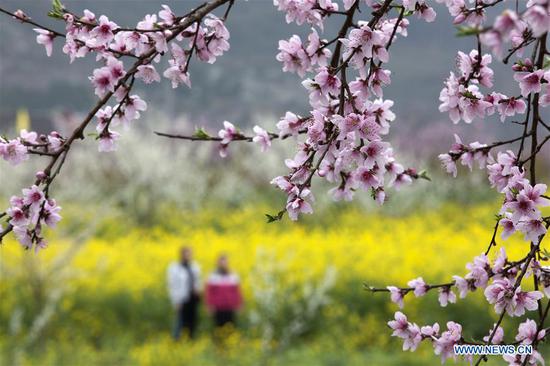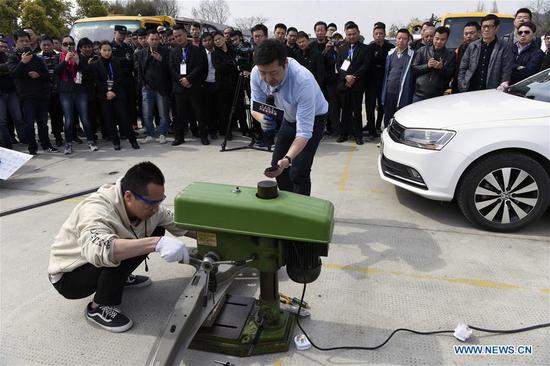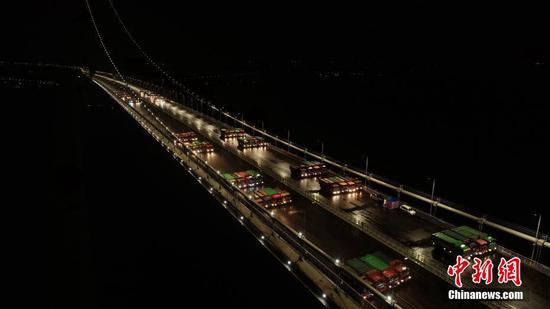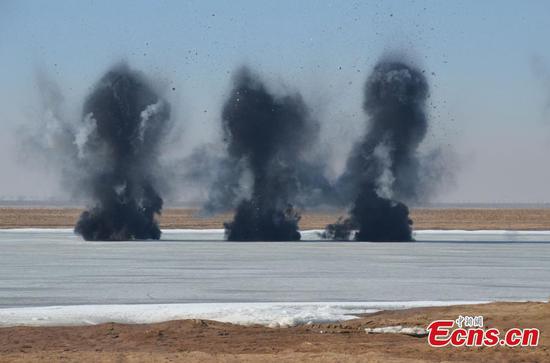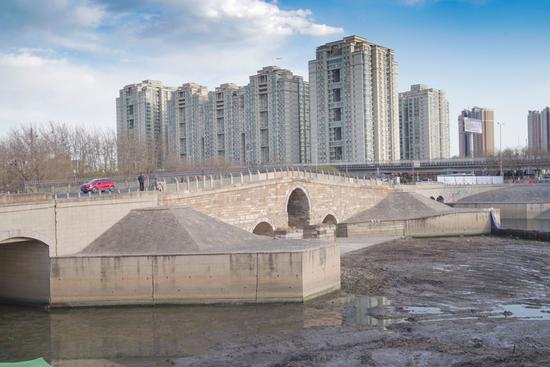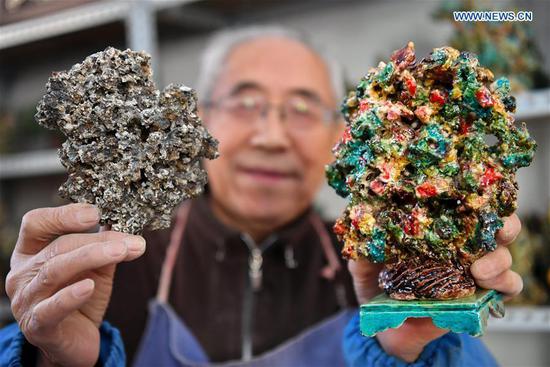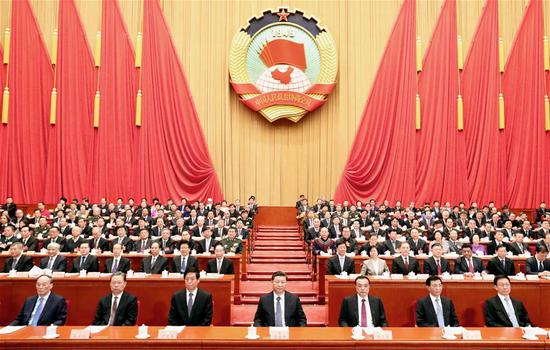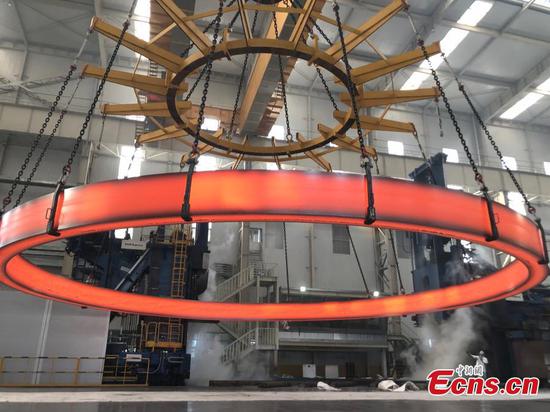China will host this year's global World Environment Day celebrations on June 5 in Hangzhou, Zhejiang province, on the theme of air pollution.
The announcement was made in Nairobi, Kenya, on Friday at the fourth United Nations Environment Assembly by Vice-Minister of Ecology and Environment Zhao Yingmin, who led the Chinese delegation, and Joyce Msuya, acting director of United Nations Environment Programme.
Zhao said that improving the global environment requires the collaboration of all countries. China has undertaken a series of measures to push green development and has made progress in the area, he said.
Msuya welcomed China's selection as host.
"The country has demonstrated tremendous leadership in tackling air pollution domestically. It can now help spur the world to greater action," she said.
Air pollution is a global emergency affecting everyone, she said, and China will now be leading the push and stimulating global action to save millions of lives.
Each year, about 7 million people across the globe die prematurely because of air pollution, and about 4 million of these deaths occur in the Asia-Pacific region, according to the UN Environment Programme.
World Environment Day 2019 is expected to urge governments, industry, communities, and individuals to come together to explore renewable energy and green technologies, and improve air quality in cities and regions across the world.
With its growing green energy sector, China has emerged as a climate leader. The country owns half of the world's electric cars and 99 percent of the world's electric buses, according to UN.
According to a new UN report titled A Review of 20 Years' Air Pollution Control in Beijing, air pollution in the capital was largely created by coal-combustion and motor vehicles in 1998.
In 2013, Beijing adopted more systematic and intensive measures. By the end of 2017, PM2.5 - tiny, hazardous particles - had fallen by 35 percent in Beijing, and by 25 percent in the Beijing-Tianjin-Hebei region. Much of this reduction came from measures to control coal-fired boilers, provide cleaner domestic fuels and industrial restructuring.
Over this period in the capital, annual emissions of sulfur dioxide fell by 83 percent, nitrogen oxides by 43 percent, the larger particulate matter PM10 by 55 percent, and volatile organic compounds by 42 percent.









